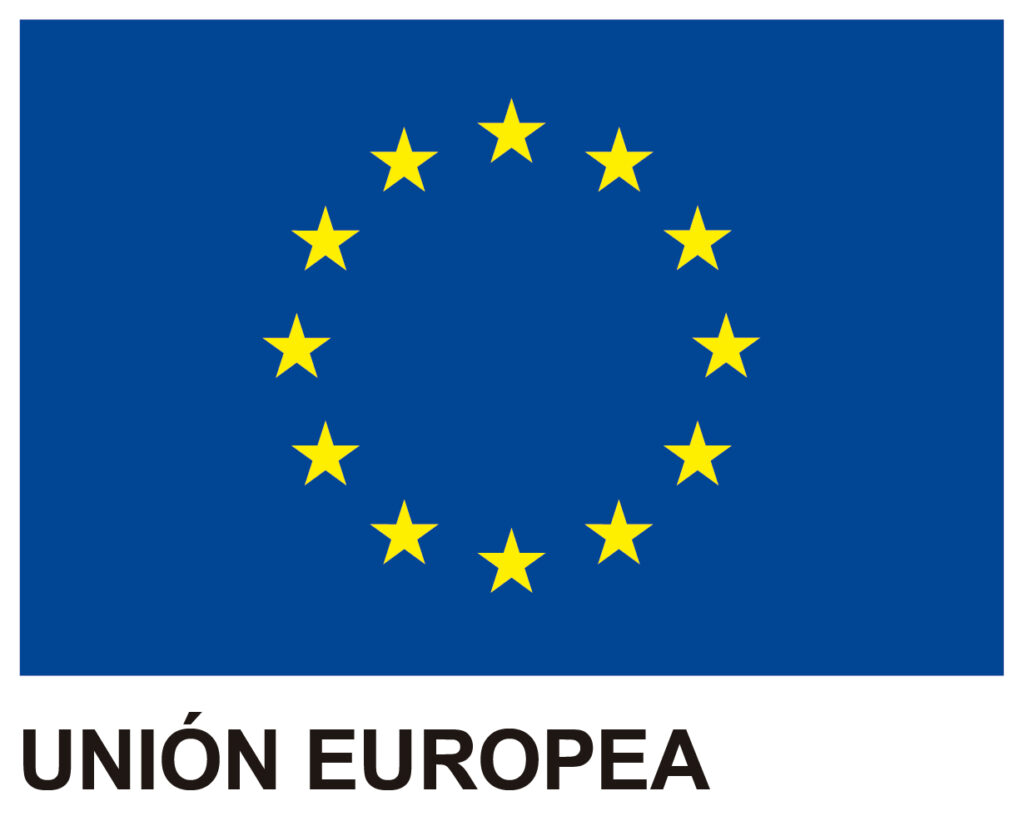Background on the Obligation to Issue the Non-Financial Information Statement
Law 11/2018 on non-financial information and diversity established the obligation to annually publish a Non-Financial Information Statement (EINF) for all companies with more than 250 employees that either were considered public interest entities in accordance with audit legislation, or, for two consecutive fiscal years, met at least one of the following circumstances:
1. That the total assets exceed 20,000,000 euros.
2. That the net annual turnover exceeds 40,000,000 euros.
This Non-Financial Information Statement promoted transparency in corporate sustainability with respect to investors, consumers, customers, and society in general. To this end, the law defines a series of issues that must be reported on, which can be grouped into six areas: the company’s business model, anti-corruption and anti-bribery measures, environment, social and personnel matters, human rights, and society.
Furthermore, it established the need to conduct a materiality analysis in the entity, which would allow the identification and prioritization of issues considered of high interest and relevance for both the company and its stakeholders in terms of sustainability.
However, on December 16, 2022, Directive (EU) 2022/2464 on corporate sustainability reporting (CSRD) was published, replacing the old Directive that gave rise to this national law (Non-Financial Reporting Directive or NFRD), implying a series of modifications and expanding the reporting requirements.
New Features of the Corporate Sustainability Reporting Directive (CSRD)
New Scope of Application
The CSRD directive significantly expands the previous scope, now affecting about 50,000 entities, compared to the 12,000 companies affected by the previous regulations. The companies subject to this regulation and the implementation schedule will be as follows:
- 2025 for the 2024 fiscal year: large companies already subject to the old NFRD with more than 500 employees will start reporting.
- 2026 for the 2025 fiscal year: large companies not currently subject to the NFRD that meet two of the following three criteria will begin reporting: 250 employees, 40 million euros in net turnover, or 20 million euros on the balance sheet.
- 2027 for the 2026 fiscal year: listed small and medium-sized enterprises (SMEs) that meet two of the following three criteria will start reporting: between 10 and 250 employees, between 700 thousand and 40 million euros in net turnover, between 350 thousand and 20 million euros on the balance sheet.
- 2029 for the 2028 fiscal year: non-EU companies with a net turnover of 150 million euros and at least one subsidiary or branch in the EU that exceeds certain business thresholds will begin reporting.
New Sustainability Report and New European Sustainability Standards
This directive modifies the traditional way of referring to this reporting exercise: the Non-Financial Information Statement will be called “Sustainability Report”. It also places the relevance of this report practically on par with the financial report and annual accounts of organizations.
One of the most significant developments is that this CSRD Directive introduces European sustainability reporting standards for the first time. Consequently, the companies mentioned in the previous list will have to report according to the so-called European Sustainability Reporting Standards (ESRS). The ESRS are organized into a set of standard blocks, which group by themes the risk analyses, policies, procedures, indicators, and metrics that companies must report in their sustainability reports.
The purpose of these new standards is to collect all the required information in a very comprehensive manner in relation to environmental, social, and governance issues, increasing the extent, volume, and detail of the information to be reported in order to significantly increase the transparency of organizations and drive performance in these areas. As mentioned, these standards are divided into different blocks:
General requirements:
- ESRS 1: General requirements.
- ESRS 2: General disclosures.
Environment:
- ESRS E1: Climate.
- ESRS E2: Pollution.
- ESRS E3: Water and marine resources.
- ESRS E4: Biodiversity and ecosystems.
- ESRS E5: Resource use and circular economy.
Social:
- ESRS S1: Own workforce.
- ESRS S2: Workers in the value chain.
- ESRS S3: Affected communities.
- ESRS S4: Consumers and end-users.
Governance:
- ESRS G1: Business conduct.
The collection of all the information required in these standards is the cornerstone of the sustainability report and one of the biggest challenges posed by the new regulations. Once the sustainability report is completed, it must be verified by an accredited third party expert in the field.
In addition, the ESRS introduce a new methodology to carry out the materiality analysis of the previous regulation: double materiality or relative importance analysis. This new analysis must take into account not only the impact of each sustainability topic or subtopic for the company and its stakeholders but also its financial impact.
It is key to reiterate that all this collected information must be structured and published, so that it is available to the organization’s stakeholders, which is why proper management of the collection and handling of the different controls, requirements, and evidence required by the regulations is crucial.
Transposition of the CSRD Directive
Regarding the national scope, the deadline for the transposition of the Directive by Member States is July 6, 2024, so it is expected that there will soon be developments in this regard in Spain.
GlobalSuite Solutions: Your Partner in CSRD Compliance
Dada la importante cantidad de información sobre la que se ha de trabajar para poder configurar y estructurar el estado no financiero, se hace muy necesaria la utilización de herramientas automatizadas, que permitan la recopilación, el procesamiento y la trazabilidad de la información requerida.
A través de la herramienta GlobalSuite®, es posible automatizar los procesos en varios aspectos cruciales:
- Permite recabar la información relativa al contenido de los ESRS de una forma ágil, sencilla y organizada.
- Para la realización del análisis de materialidad o importancia relativa, posibilita la gestión eficaz de este proceso, simplificando el proceso de valoración de las cuestiones de doble materialidad o importancia relativa por parte de la empresa y sus grupos de interés. Además, una vez llevado a cabo este análisis, el software creará un mapa de materialidad que refleje la importancia relativa de los temas evaluados.
- Facilita la realización del análisis de riesgos y controles en materia de ESG.
- Favorece la generación y el seguimiento de planes de acción, indicadores y métricas de sostenibilidad.
No dejes que la complejidad de la gestión de datos no financieros frene el progreso de tu empresa. Con GlobalSuite® puedes automatizar y optimizar todos estos procesos cruciales, garantizando una recopilación, análisis y seguimiento de información eficiente y preciso. ¡Contáctanos hoy mismo para una demostración gratuita!



